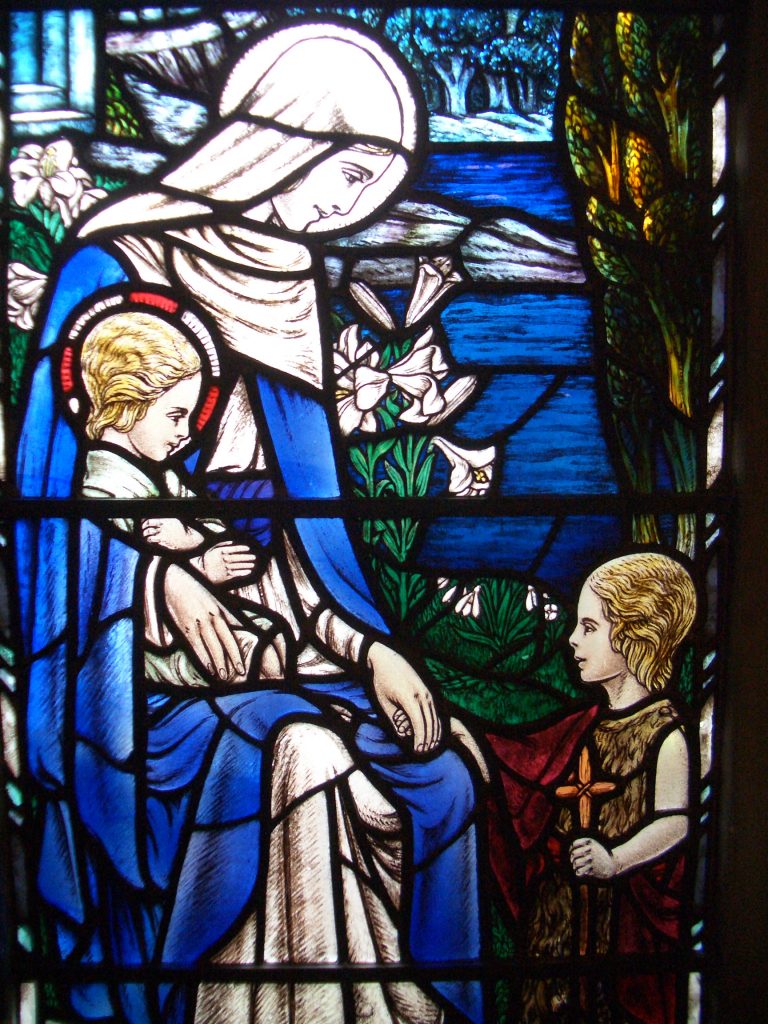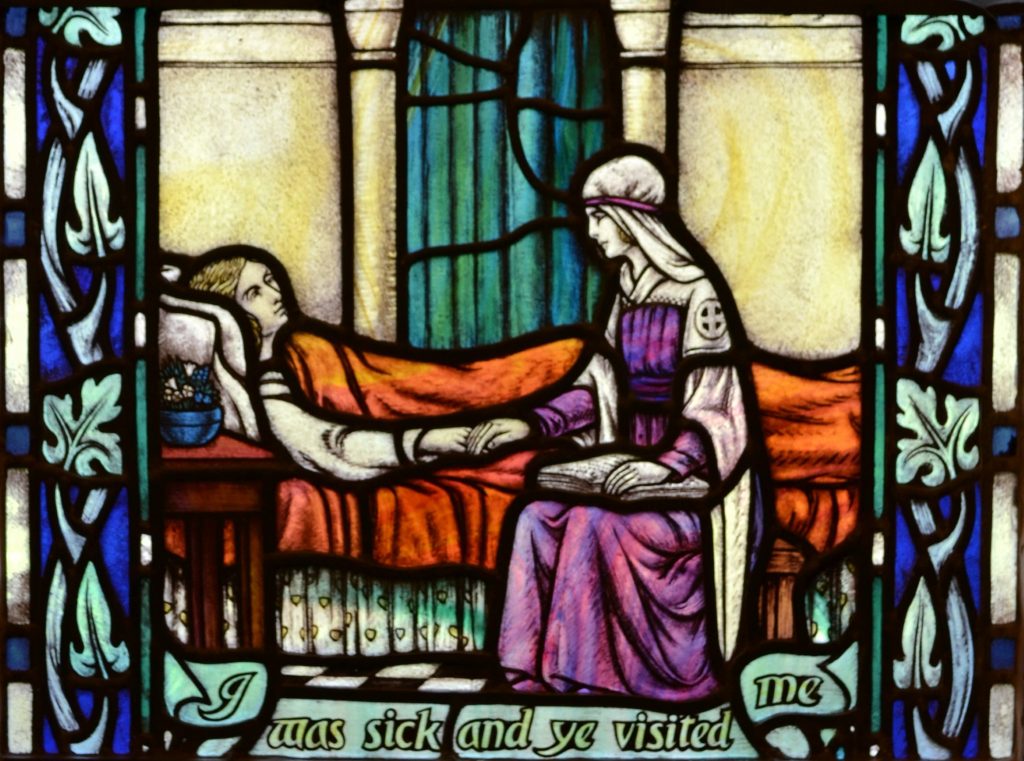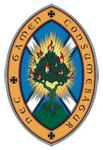These notes are compiled by the minister, Reverend Dr James Jack. You will find reading the Bible rewarding and encouraging, but reading the Bible is not always easy!
These guidelines may help you.
▪ Before you read each passage, ask God to speak to you through his Word.
▪ Set aside a special time each day to read the Bible, and stick to it!
▪ Make use of your Bible index to find readings – every Bible has a contents page.
▪ Pray that what you have read will help you live according to God’s wishes.

Following the retirement of our Minister Dr Jack we are preparing an archive of Bible reading notes for anyone to browse and use.
June 2021
July 2021
August 2021
September 2021
October 2021
November 2021
December 2021
January 2022
February 2022
March 2022
April 2022
May 2022
June 2022
August 2022
September 2022
October 2022
November 2022
December 2022
January 2023
February 2023
March 2023
April 2023
May 2023
June 2023
July 2023
September 2023
October 2023
November 2023
December 2023
January 2024
February 2024
March 2024
April 2024
May 2024
June 2024
July 2024
August 2024
September 2024
November 2024
December 2024
January 2025
February 2025
March 2025
April 2025
May 2025

